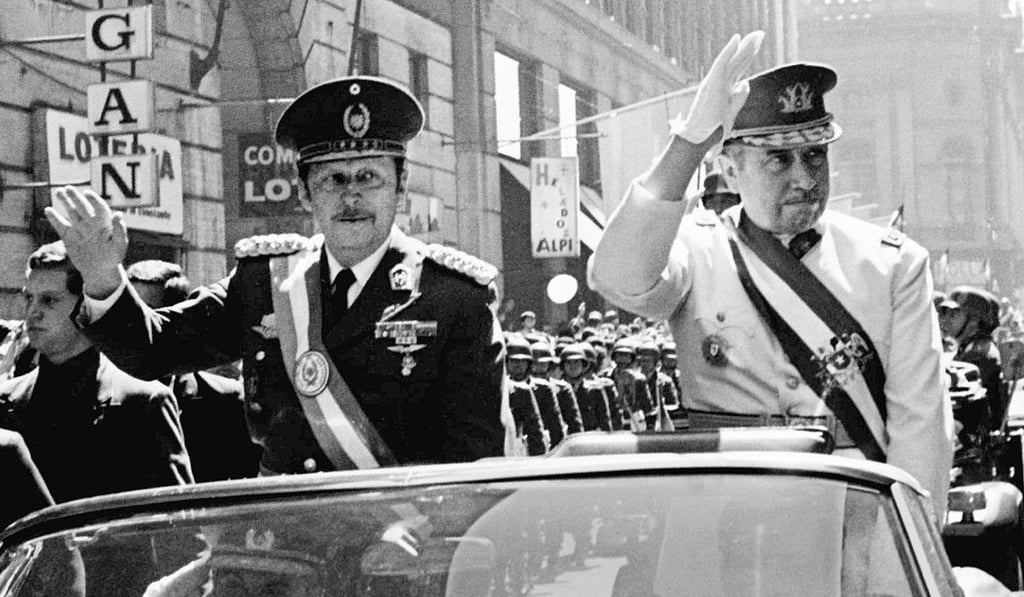The US is no friend of Hong Kong protesters: it will abandon them, like the Kurds, as soon as it’s convenient
- Before Hongkongers celebrate receiving US attention, they should look at its history since becoming a world power. It’s not just the Kurds; Washington has had a nasty habit of turning on people it no longer considers useful

Hong Kong’s earnest but naive students – thrilled to see some of their number in photo-ops with US Vice-President Mike Pence, Secretary of State Mike Pompeo, Senator Marco Rubio and Speaker Nancy Pelosi – would be well advised to take a few lessons from history.
The list is long of allies betrayed or students sacrificed on the altar of US realpolitik. Let’s take a little tour through a century of perfidy. Examples are not hard to find. It’s treachery bingo: spin the drum, put your hand in almost any decade and you are guaranteed to come up with a winner.
Let’s start with an oldie but a goody, the Spanish-American war. In Asia, it was fought in the Philippines. It was a brief fracas, with Spain defeated quickly in 1898, both there and in the Caribbean, where it began. But that did not end things. Many Filipinos had sided with the Americans against the Spanish, thinking they were fighting for national liberation, but then-president William McKinley’s government had other plans, and annexed the islands.

